Seven years ago, an outburst in a distant galaxy brightened and faded away. Afterwards, a new supermassive black hole jet emerged, but how?
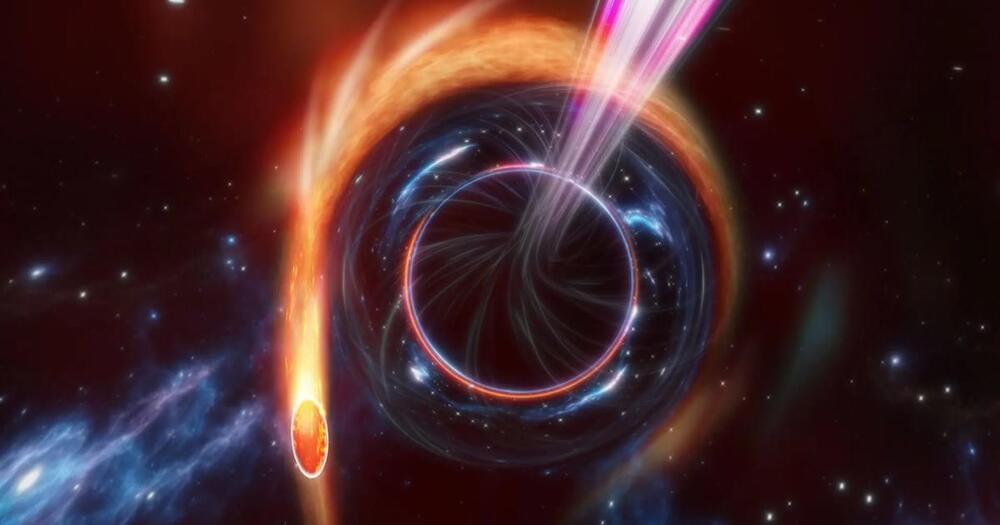

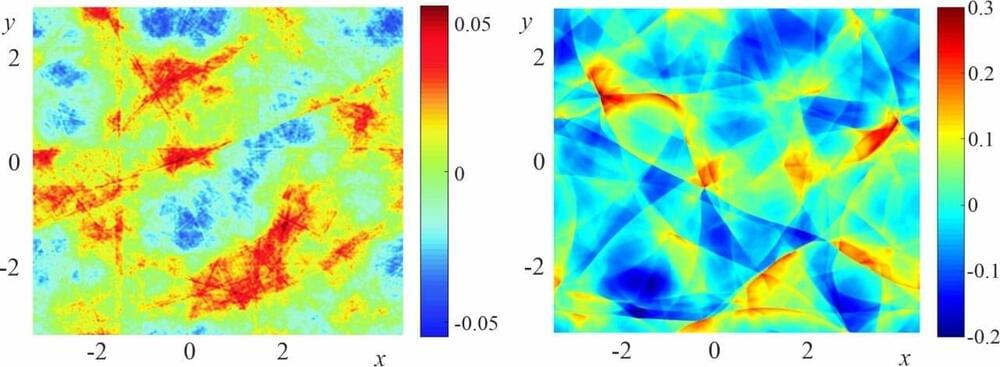
Researchers have pioneered the use of parallel computing on graphics cards to simulate acoustic turbulence. This type of simulation, which previously required a supercomputer, can now be performed on a standard personal computer. The discovery will make weather forecasting models more accurate while enabling the use of turbulence theory in various fields of physics, such as astrophysics, to calculate the trajectories and propagation speeds of acoustic waves in the universe. The research was published in Physical Review Letters.
Turbulence is the complex chaotic behavior of fluids, gases or nonlinear waves in various physical systems. For example, turbulence at the ocean surface can be caused by wind or wind-drift currents, while turbulence of laser radiation in optics occurs as light is scattered by lenses. Turbulence can also occur in sound waves that propagate chaotically in certain media, such as superfluid helium.
In the 1970s, Soviet scientists proposed that turbulence occurs when sound waves deviate from equilibrium and reach large amplitudes. The theory of wave turbulence applies to many other wave systems, including magnetohydrodynamic waves in the ionospheres of stars and giant planets, and perhaps even gravitational waves in the early universe. Until recently, however, it has been nearly impossible to predict the propagation patterns of nonlinear (i.e., chaotically moving) acoustic and other waves because of the high computational complexity involved.
In the years following the launch of NASA’s Hubble Space Telescope, astronomers have tallied over 1 trillion galaxies in the universe. But only one galaxy stands out as the most important nearby stellar island to our Milky Way—the magnificent Andromeda galaxy (Messier 31). It can be seen with the naked eye on a very clear autumn night as a faint cigar-shaped object roughly the apparent angular diameter of our moon.
A century ago, Edwin Hubble first established that this so-called “spiral nebula” was actually very far outside our own Milky Way galaxy —at a distance of approximately 2.5 million light-years, or roughly 25 Milky Way diameters. Prior to that, astronomers had long thought that the Milky Way encompassed the entire universe. Overnight, Hubble’s discovery turned cosmology upside down by unveiling an infinitely grander universe.
Now, a century later, the space telescope named for Hubble has accomplished the most comprehensive survey of this enticing empire of stars. The Hubble telescope is yielding new clues to the evolutionary history of Andromeda, and it looks markedly different from the Milky Way’s history.
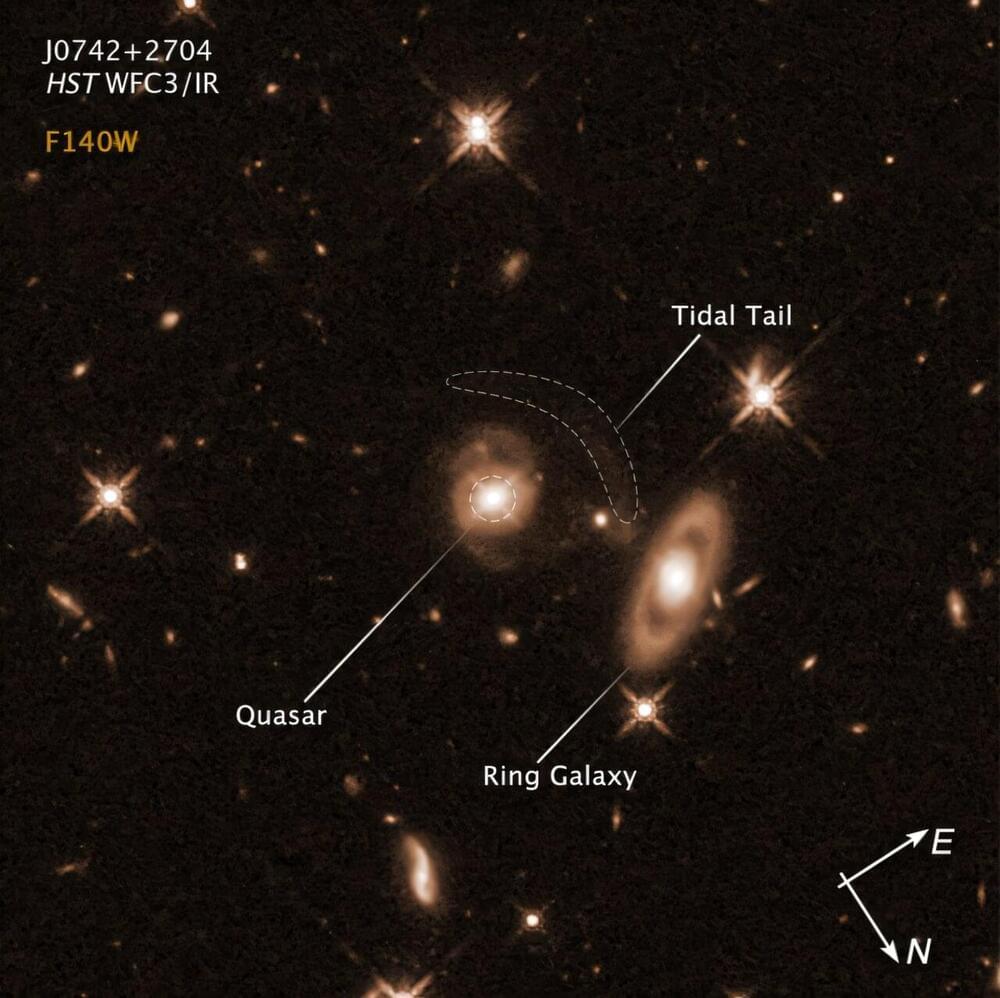
The night sky has always played a crucial role in navigation, from early ocean crossings to modern GPS. Besides stars, the United States Navy uses quasars as beacons. Quasars are distant galaxies with supermassive black holes, surrounded by brilliantly hot disks of swirling gas that can blast off jets of material.
Following up on the groundbreaking 2020 discovery of newborn jets in a number of quasars, aspiring naval officer Olivia Achenbach of the United States Naval Academy has used NASA’s Hubble Space Telescope to reveal surprising properties of one of them, quasar J0742+2704.
“The biggest surprise was seeing the distinct spiral shape in the Hubble Space Telescope images. At first I was worried I had made an error,” said Achenbach, who made the discovery during the course of a four-week internship.
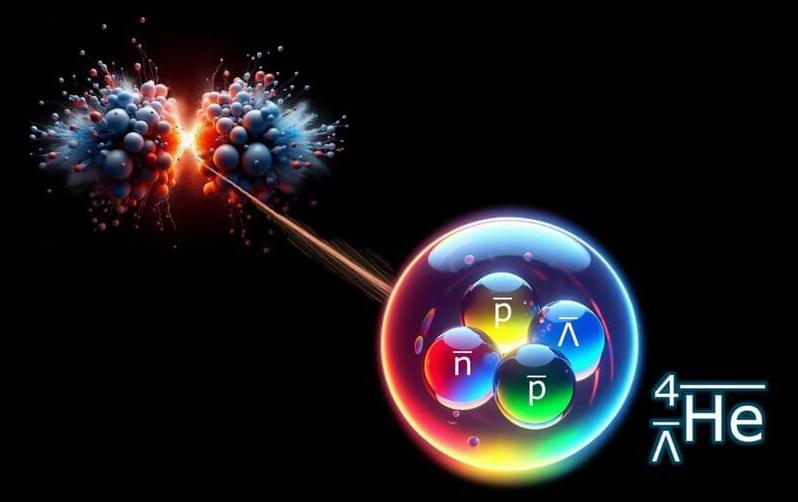
CERN discovers antihyperhelium-4, the heaviest antimatter particle to date.
Scientists at CERN’s Large Hadron Collider have discovered the heaviest antimatter particle ever observed: antihyperhelium-4.
This exotic particle, the antimatter counterpart of hyperhelium-4, contains two antiprotons, an antineutron, and an antilambda particle. The breakthrough offers insights into the extreme conditions of the early universe and sheds light on the baryon asymmetry problem — why our universe is dominated by matter despite matter and antimatter being created in equal amounts during the Big Bang.
The discovery was made using lead-ion collisions at the LHC, recreating the hyper-hot environment of the newborn universe. Machine learning models analyzed the data, identifying antihyperhelium-4 particles and precisely measuring their masses.
While the experiment confirmed that matter and antimatter are created in equal portions, the mystery of what tipped the cosmic balance remains unsolved. With ongoing upgrades to the LHC, more groundbreaking discoveries in antimatter research could be on the horizon.
Illustration of the production of antihyperhelium-4 (a bound state of two antiprotons, an antineutron and an antilambda) in lead–lead collisions. (Image: J. Ditzel with AI-assistance) Collisions between heavy ions at the Large Hadron Collider (LHC) create quark–gluon plasma, a hot and dense state of matter that is thought to have filled the Universe around one millionth of a second after the Big Bang. Heavy-ion collisions also create suitable conditions for the production of atomic nuclei and exotic hypernuclei, as well as their antimatter counterparts, antinuclei and antihypernuclei. Measurements of these forms of matter are important for various purposes, including helping to understand the formation of hadrons from the plasma’s constituent quarks and gluons and the matter–antimatter asymmetry seen in the present-day Universe.
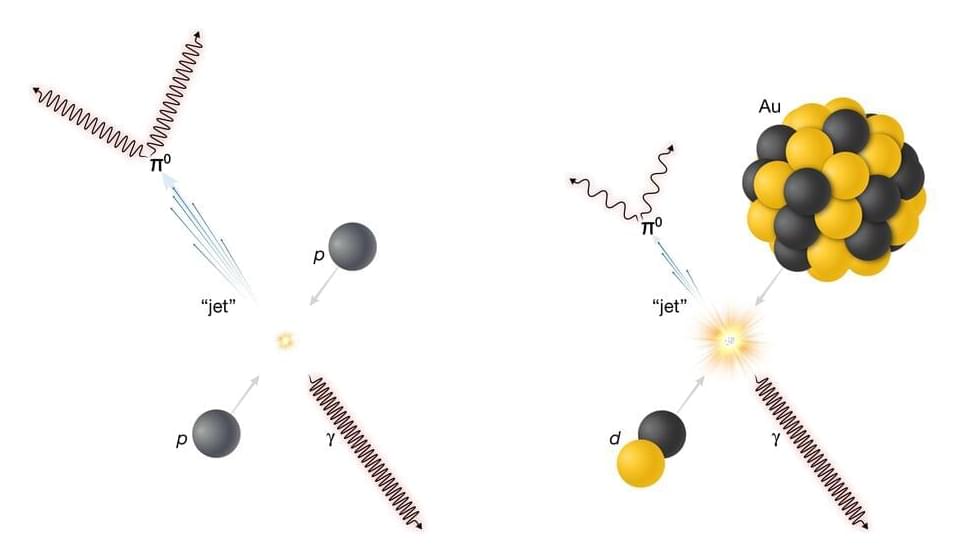
A new analysis of data from the PHENIX experiment at the Relativistic Heavy Ion Collider (RHIC) reveals fresh evidence that collisions of even very small nuclei with large ones might create tiny specks of a quark-gluon plasma (QGP). Scientists believe such a substance of free quarks and gluons, the building blocks of protons and neutrons, permeated the universe a fraction of a second after the Big Bang.
RHIC’s energetic smashups of gold ions—the nuclei of gold atoms that have been stripped of their electrons—routinely create a QGP by “melting” these nuclear building blocks so scientists can study the QGP’s properties.
Physicists originally thought that collisions of smaller ions with large ones wouldn’t create a QGP because the small ion wouldn’t deposit enough energy to melt the large ion’s protons and neutrons. But evidence from PHENIX has long suggested that these small collision systems generate particle flow patterns that are consistent with the existence of tiny specks of the primordial soup, the QGP.
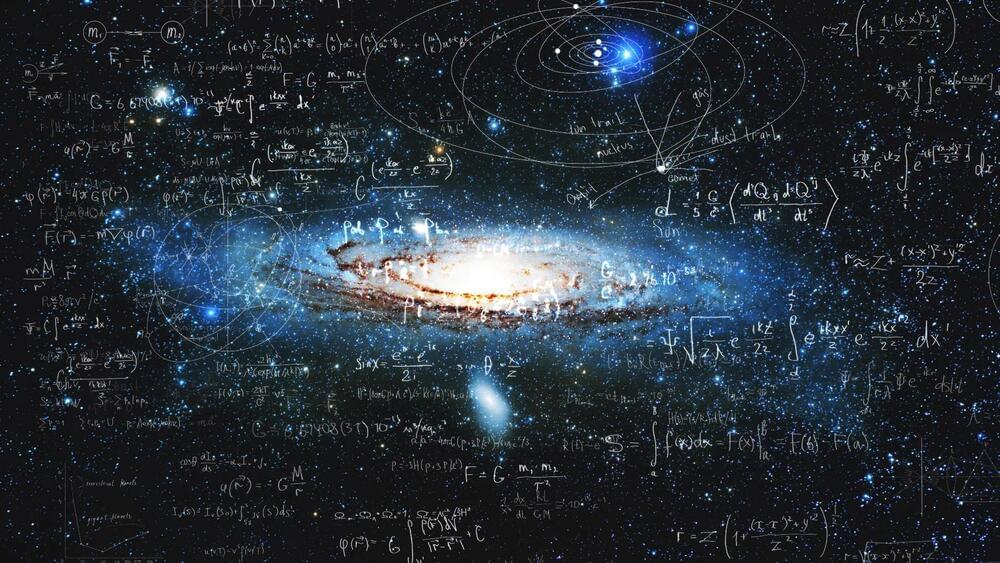
In a bold new theory, researchers from Microsoft, Brown University, and other institutions suggest that the universe might be capable of teaching itself how to evolve. Their study, published on the preprint server arXiv, proposes that the physical laws we observe today may have emerged through a gradual learning process, akin to Darwinian natural selection or self-learning algorithms in artificial intelligence.
This radical idea challenges traditional cosmology by imagining a primitive early universe where physical laws like gravity were far simpler or even static. Over time, these laws “learned” to adapt into more complex forms, enabling the structured universe we observe today. For instance, gravity might have initially lacked distinctions between celestial bodies like Earth and the Moon. This progression mirrors how adaptable traits in biology survive through natural selection.
Scientists estimate there are 200 million black holes scattered across the Milky Way galaxy!
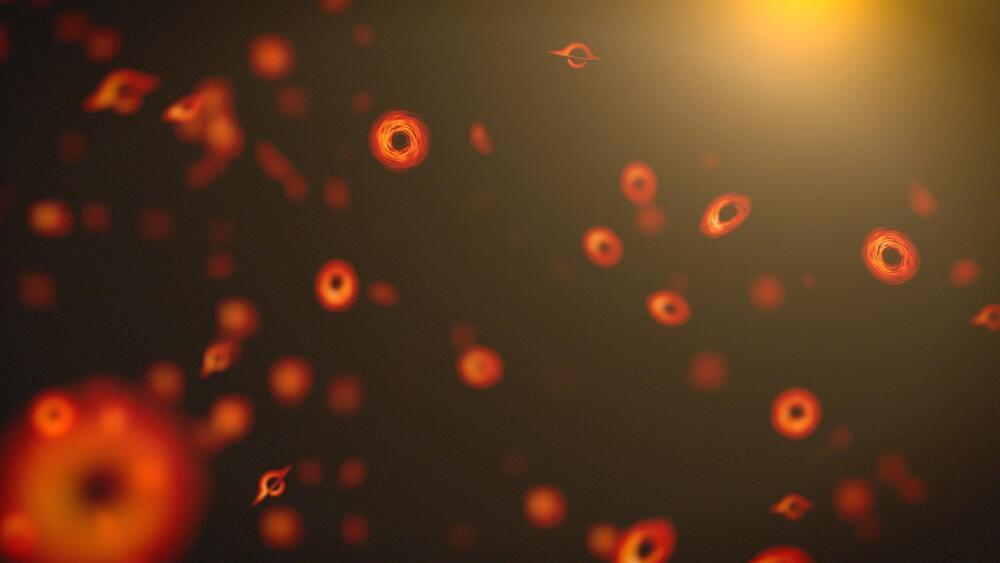
Primordial black holes could reshape our understanding of dark matter. Researchers suggest these elusive cosmic phenomena might be hiding within hollow asteroids or planetoids, detectable through straightforward, cost-effective methods.
Are Primordial Black Holes real? These elusive objects are thought to have formed during the chaotic early moments of the Universe, shortly after the Big Bang
The Big Bang is the leading cosmological model explaining how the universe as we know it began approximately 13.8 billion years ago.
Some 275 million light-years from the Milky Way lies a true cosmic mystery.
There, in the heart of a galaxy named 1ES 1927+654, squats a supermassive black hole whose monkeyshines and hijinks have baffled astronomers for years.
Now, we might finally have an explanation for at least some of its wild misbehavior: an orbiting white dwarf star veering precariously close to the brink of the black hole’s event horizon, the point beyond which no matter can ever return.